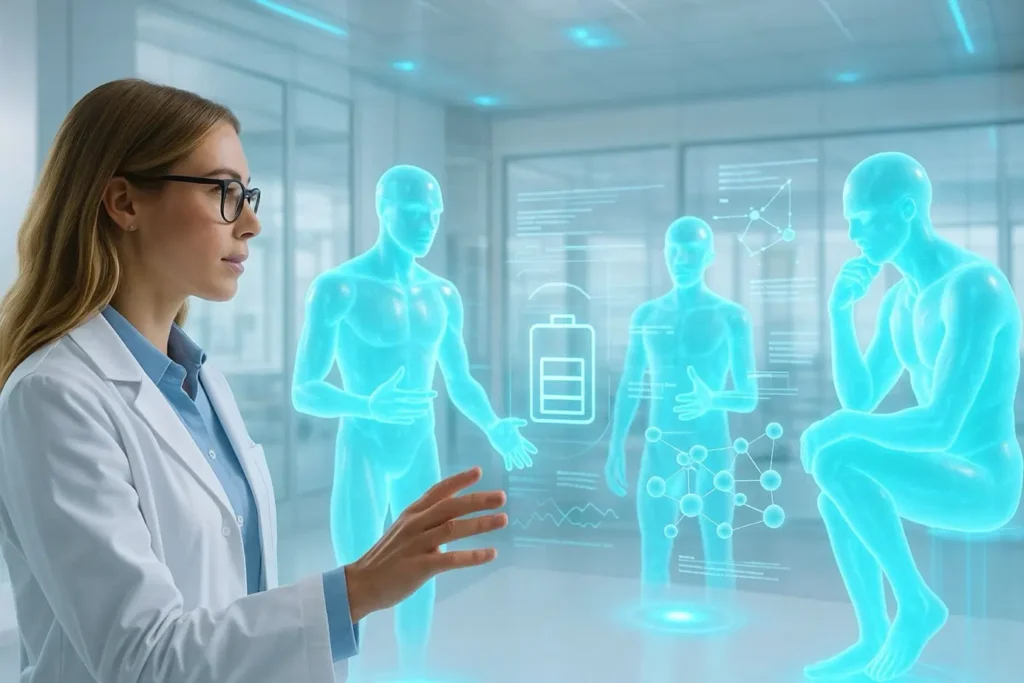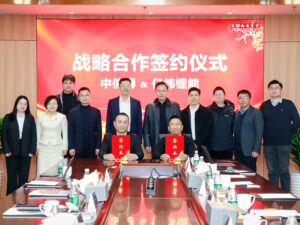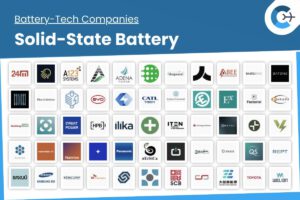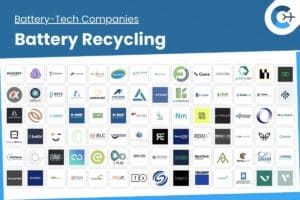Researchers at the University of Bayreuth and the Hong Kong University of Science and Technology have introduced a multi-agent AI network to accelerate the discovery of new battery materials. Reported in the journal Advanced Materials, this approach uses two specialized software agents—one surveying broad research literature and the other applying in-depth domain knowledge—to generate and evaluate candidate electrolyte compositions in a matter of hours rather than weeks or months.
Electrolytes play a critical role in ion transport, safety, lifespan and performance of batteries. Traditional discovery methods require extensive literature review followed by experimental testing, a resource-intensive process that can delay the deployment of improved designs. The newly developed system, led by Prof. Francesco Ciucci at the University of Bayreuth’s Bavarian Centre for Battery Technology (BayBatt), leverages large language models to simulate a scientific debate between the two agents, linking insights from training data and existing publications to propose novel electrolyte formulations.
In collaboration with the Hong Kong University of Science and Technology, the team applied the AI-generated proposals to zinc-ion batteries. One of the suggested electrolytes demonstrated exceptional durability, completing more than 4,000 charge–discharge cycles, and set a fast-charging record within its class by delivering nearly 20% greater capacity at rapid charging rates compared to comparable systems. These results highlight the effectiveness of combining AI creativity with laboratory validation.
Dr. Matthew J. Robson from the Hong Kong University of Science and Technology adds: “The key takeaway here is the evolution of AI’s role in the scientific process. We’ve demonstrated a new blueprint for scientific research that shifts AI from being a passive tool for data analysis into an active, creative partner that can generate genuinely novel and high-quality hypotheses.”
Funded by the German Research Foundation and Hong Kong’s Research Grants Council Ph.D. Fellowship Scheme, this multi-agent framework offers a promising blueprint for faster materials discovery beyond battery design, potentially accelerating solutions for global energy challenges.
Source: Advanced Materials
















